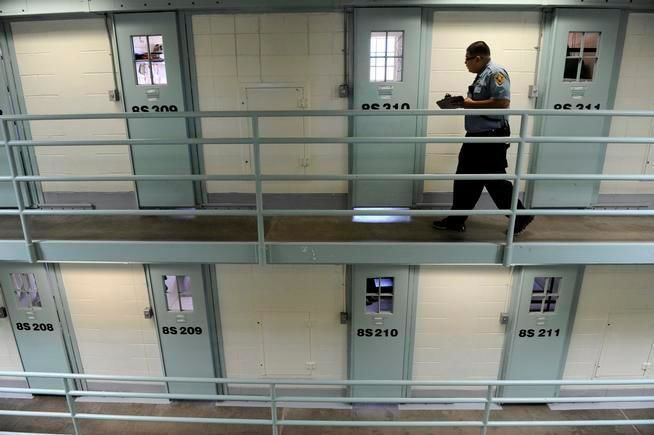Colorado courts’ electronic discovery system buckles under its own weight | OPINION


By Tom Raynes and James Karbach
We come from opposite sides of the courtroom. Yet, in the digital age, we face a common adversary: an electronic-discovery system buckling under its own weight.
Attorneys now have exponentially more discovery year over year. This results in budget pressure from needing more storage space year over year (up 45 times since 2016) and more money and human resources for both prosecutors and defense lawyers. The sheer volume of digital evidence increases the risk of missed or improperly disclosed materials, strains often-limited technological resources and threatens both the efficiency and fairness of criminal proceedings.
Earlier this year, the legislature unanimously created the Electronic Discovery in Criminal Cases Task Force to address these e-discovery challenges. As members of that task force, we are studying the costs and management of e-discovery and will propose legislative or procedural fixes by Nov. 1 that make the system faster, fairer, more equitable and more sustainable for all players in the criminal justice system.
To understand why reform is so urgent, consider the practical realities confronting Colorado’s criminal justice system.
Every week, Colorado’s criminal cases generate multiple terabytes of new digital evidence — body-worn camera video, phone extractions, social-media posts, cloud files and more. Law-enforcement agencies have already deployed 2,885 body cameras with state grant support, flooding prosecutors’ inboxes with footage that must be reviewed, catalogued, transcribed, redacted and shared. A combination of outdated internal technologies and an “every agency for themselves” contracting model for using outside vendors is increasing inefficiency and cost.
A single serious crime can easily generate more than 50 hours of body-worn-camera and other surveillance videos, all of it requiring detailed attention and technical expertise. Storage and vendor costs have ballooned, threatening to “blow up the state’s budget,” and every technical glitch, late upload, or incomplete production can risk sanctions. The law demands initial disclosures “as soon as practicable,” usually within 21 days of a defendant’s first appearance and updated disclosures throughout a case until it is resolved. The Colorado Constitution itself requires that the state disclose evidence favorable to defendants in a timely manner.
The result is a system where law enforcement struggles to gather and electronically transmit information, and hard-working legal, diligent professionals on both sides spend more time wrestling with file conversions and download links than preparing their cases. Even when the discovery process works, budgets balloon to pay for storage fees, vendor costs and discovery-related personnel. This results in fewer resources for treatment programs, victim services, or competitive salaries that keep talented lawyers and legal support staff in public service.
When discovery is late or incomplete or technical problems occur, defendants sit longer in jail, victims wait longer for closure, and judges must reset crowded dockets while the truth stays hidden. Courts have sanctioned offices that fall short; the Colorado Supreme Court recently affirmed penalties after finding a “pattern” of discovery violations that prosecutors said were tied to staffing gaps and tech breakdowns. Most importantly, these problems erode public trust and threaten fair outcomes for victims, defendants and our communities. The right to a fair trial rings hollow if defendants cannot meaningfully review the evidence against them, and victims can’t rely on prosecutors to find the key pieces of evidence that substantiate their allegations.
We are at a critical inflection point, and though the challenges are immense, so are the opportunities. By working together to modernize how Colorado handles electronic evidence, we can build a criminal justice system that’s more efficient, equitable and just for everyone it touches.
Tom Raynes, former District Attorney for the 7th Judicial District, is serving in his 15th year as executive director for the Colorado District Attorneys’ Council, an organization providing IT services including eDiscovery, legislative representation and prosecution training for all 23 district attorneys’ offices in Colorado. James Karbach is attorney, former office head, and legislative policy director with more than 20 years of experience at the Office of the State Public Defender representing indigent clients in criminal cases.












